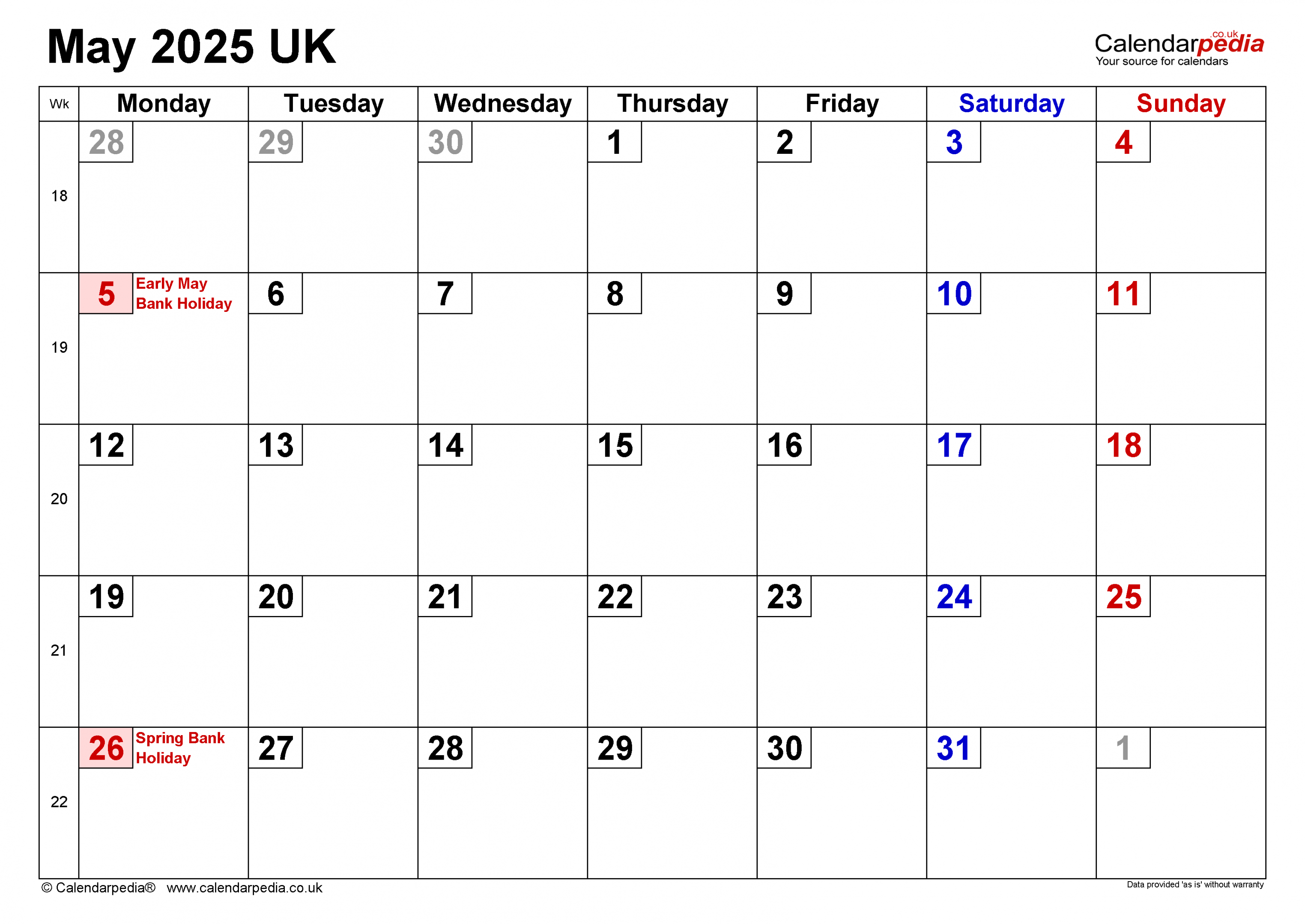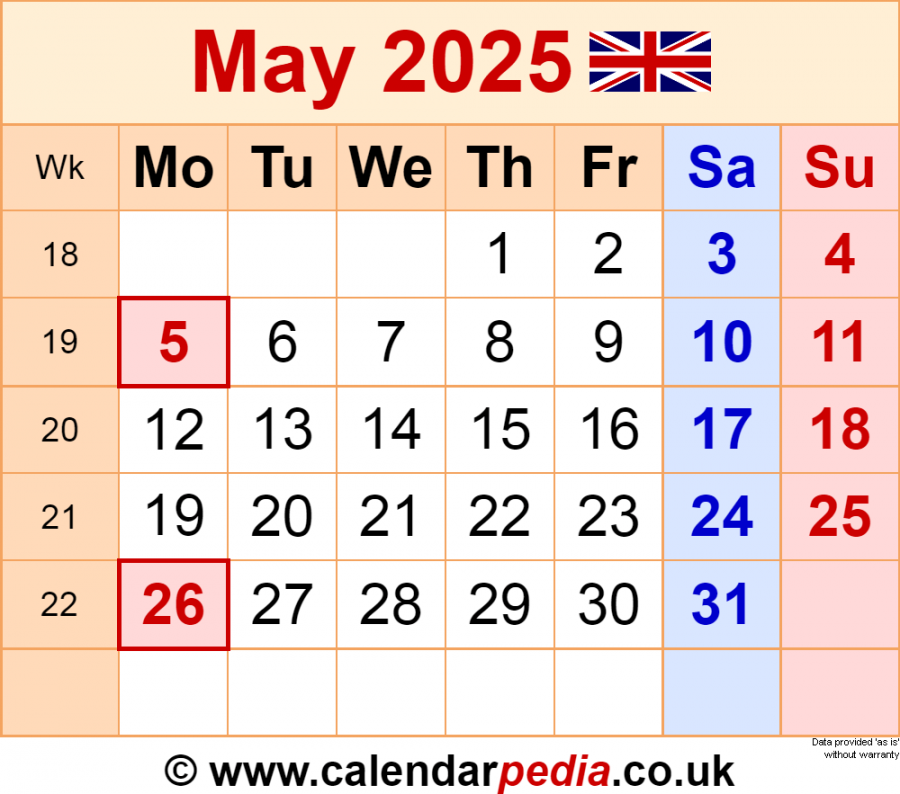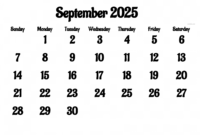
You might be wondering why there’s so much buzz about a specific month in the year 2025. Well, it’s not about any extraordinary celestial events or global holidays. It’s simply a common query that pops up on search engines, particularly Google.

It’s likely due to a combination of factors:
1. Preemptive Planning: People often start planning events, vacations, or important dates well in advance.
2. Digital Calendar Tools: With the rise of digital calendars and scheduling apps, people are becoming more organized and proactive.
3. Search Engine Optimization (SEO): Websites and blogs often optimize their content for specific search terms, including future dates.
As of now, there’s nothing particularly special or noteworthy about May 2025 in the UK. It’s just a regular month on the calendar. However, as we get closer to that year, we might see news and updates about potential events, holidays, or cultural happenings.
If you’re trying to rank for the term “May 2025 UK” on Google, here are a few tips:
1. Create High-Quality Content: Write informative and engaging articles about topics related to the UK, such as its history, culture, or tourism.
2. Optimize Your Content: Use relevant keywords like “UK,” “May 2025,” “calendar,” and “events.”
3. Build Backlinks: Get other websites to link to your content to increase its authority.
4. Promote Your Content: Share your articles on social media and other online platforms.
While we can’t provide specific details about May 2025 yet, we can offer general information about the UK calendar and its typical events:
Bank Holidays: The UK has several bank holidays throughout the year, including Easter Monday and May Day Bank Holiday.
The mystery of “May 2025 UK” is a fascinating example of how search engine queries can evolve and spark curiosity. While we may not know the exact reasons behind its popularity, understanding the factors driving this trend can help us optimize our online content and satisfy the ever-curious internet user.


